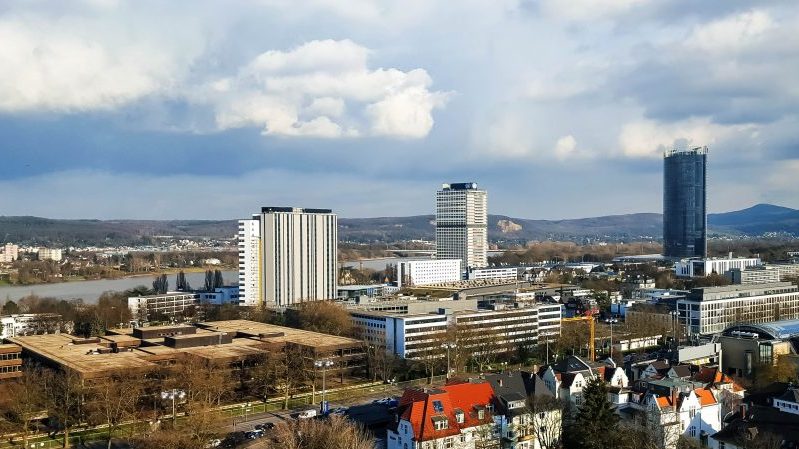The UN climate body needs 26% more money to meet its core commitments in 2020 and 2021, according to a draft budget presented to government officials this week.
On top of running annual climate negotiations, UN Climate Change has extra work to monitor and coordinate national efforts under the Paris Agreement. New initiatives include a platform to boost representation of indigenous people.
The ask for extra funding from member states comes amid pressure from countries like the US and Brazil to rein in UN spending. They are €2.9 million ($3.3m) and €1.6m ($1.8m) behind on their expected contributions to the UN climate process, respectively, although both made payments in 2018.
“We have heard a lot about the budgetary constraints faced by governments,” said Emmanuel Dlamini, chair of the body responsible for overseeing the secretariat, in closing remarks from a workshop at UN climate headquarters in Bonn, Germany. “Yes, the costs of addressing climate change is high but the cost of not addressing it is even higher.”
Comment: After 25 years of failure, we should abandon the UNFCCC
By the secretariat’s estimate, it needs €63.2m over the two-year period for “essential and permanent activities”. At the request of national delegates, it also drew up a scenario with no increase to the core budget – €50.3m.
In the zero growth version, some activities are cut or pushed into the “supplementary” budget, to be funded by extra donations from governments and philanthropists. These include support for the scientific work of the Intergovernmental Panel on Climate Change, various technical meetings and data management tools.
Dlamini urged officials to find a middle ground between the two budget options before it is finalised in June, with more detail to justify any increases.
Global issues need global coverage
CHN is dedicated to bringing you the best climate reporting from around the world. It’s a huge job and we need your help.
Through our Patreon account you can give as little or as much as you like to support our work. It’s safe and easy to sign up.
The total “integrated budget” for all UN climate operations is set to slightly decrease from the 2018-19 period, to €177.4m ($199.7m). That covers self-contained activities like administration of the Clean Development Mechanism, a carbon offset scheme, as well as the broader remit to support international action on climate change.
Ovais Sarmad, deputy executive director at UN Climate Change, stressed the budget was a “work in progress”. “We had a very intense discussion,” he told Climate Home News.
US president Donald Trump sought to axe payments to UN climate diplomacy and science bodies, but a senate panel quietly overruled him.
Brazil has been lagging on funding to international organisations over the past four years as it struggled with a financial crisis. Recently installed president Jair Bolsonaro takes a similarly sceptical stance to Trump on climate change and global cooperation. Soon after he won the election, Brazil withdrew its offer to host the 2019 UN climate summit.
Late or missing payment from member states is “unfortunately a perennial problem across the UN system”, Sarmad said, but he denied inflating the budget to pre-empt future shortfalls.
In 2018, the foundation run by former New York mayor Michael Bloomberg gave $4.5m to the UN body.
